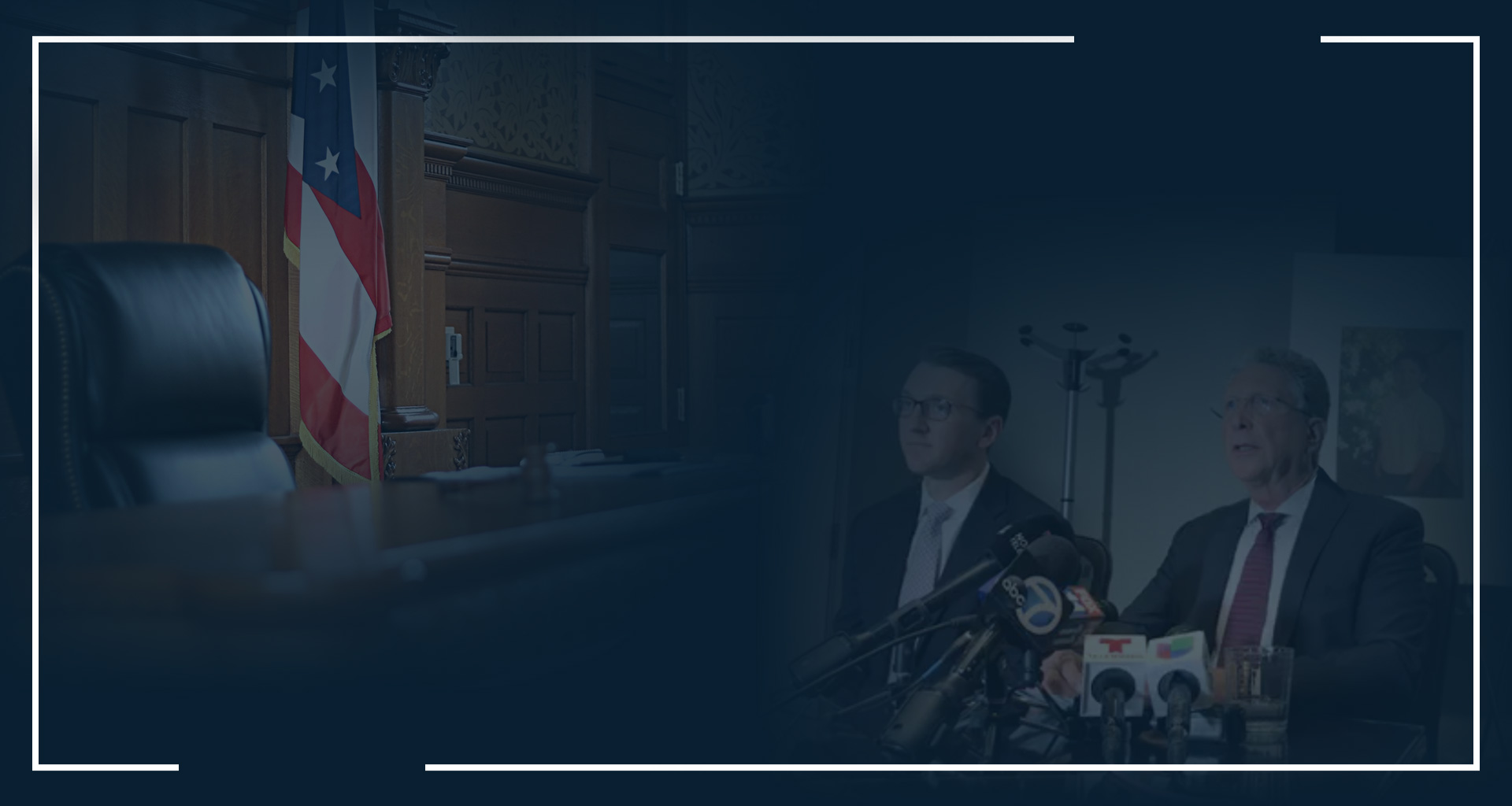Sexual abuse is a profound violation of human rights, and when it occurs in places meant to protect and rehabilitate—such as foster care homes or juvenile detention facilities—it is particularly egregious. These environments often house vulnerable children and teens who may already be traumatized by earlier experiences. When the very institutions charged with their care become sites of abuse, the consequences can be long-lasting and devastating.
Fortunately, there are legal remedies available for survivors. These remedies serve not only to provide compensation and a sense of justice for victims but also to hold accountable those who failed in their duty of care.
Understanding the Scope of the Problem
Reports of sexual abuse in foster care and juvenile detention centers have surfaced across the United States for decades. Investigations have revealed systemic failures including inadequate screening of caregivers, lack of supervision, understaffing, and poor oversight mechanisms. In many cases, abusers are staff members, foster parents, or other residents who exploit their access and authority over vulnerable youth.
Victims may face numerous barriers to reporting abuse, such as fear of retaliation, distrust of authorities, or trauma-related suppression of memory. These obstacles often delay justice for years, if not decades.
Civil Legal Remedies
Civil Lawsuits Against Perpetrators and Institutions
Victims of sexual abuse have the right to file civil lawsuits seeking compensation for the physical, emotional, and psychological harm suffered. Lawsuits can be brought against:
- Individual perpetrators
- Foster care agencies
- Private organizations contracted by the state
- State or local government entities
These civil cases can result in monetary compensation for:
- Medical and psychological treatment
- Pain and suffering
- Loss of quality of life
- Punitive damages (in cases of gross negligence or willful misconduct)
In many jurisdictions, recent legislative reforms have extended or eliminated statutes of limitations for child sexual abuse claims, allowing survivors to file suits years or even decades after the abuse occurred.
Claims Under Section 1983
Victims of abuse in state-run juvenile facilities or foster care homes may also file claims under 42 U.S.C. § 1983, a federal civil rights law. Section 1983 allows individuals to sue state actors for violating their constitutional rights, such as the right to bodily integrity and protection from harm.
For example, a survivor might file a Section 1983 claim against a juvenile detention officer who committed the abuse, as well as supervisors or the agency itself for failing to prevent the abuse due to inadequate training or policies.
Criminal Legal Remedies
Criminal Prosecution
In cases where the abuser can be identified, local prosecutors may bring criminal charges against the perpetrator. Convictions can result in:
- Prison sentences
- Registration as a sex offender
- Protective orders
Victims should be aware, however, that the criminal justice system is separate from the civil system. A criminal conviction is not required to pursue a civil lawsuit. Moreover, criminal cases focus on punishing the offender, while civil cases are centered on compensating the victim.
Mandatory Reporting and Investigations
Most states require professionals such as teachers, healthcare providers, and social workers to report suspected abuse. Once abuse is reported, law enforcement or child protection agencies are required to investigate. Victims and their advocates should ensure that such investigations are thorough and transparent.
Government Compensation Programs
Some states offer crime victim compensation programs to provide financial assistance to victims of violent crimes, including sexual abuse. These programs can help cover costs such as:
- Counseling and therapy
- Medical treatment
- Lost wages
- Emergency relocation expenses
While these programs can be a critical resource, they often require a police report and may have strict application deadlines.
Class Action Lawsuits
When abuse is widespread or systemic within an institution, survivors may come together to file a class action lawsuit. These suits can address patterns of misconduct, such as:
- Failure to screen foster parents properly
- Chronic understaffing at juvenile facilities
- Systemic cover-ups or retaliation against whistleblowers
Class actions not only seek compensation for a group of victims but also demand institutional reforms to prevent future abuse.
Legal Challenges and Statutes of Limitations
One of the most significant barriers to justice has historically been statutes of limitations, which restrict the time period within which victims can file lawsuits. However, growing public awareness and advocacy have led many states to reform these laws. Some now offer "lookback windows" that temporarily reopen expired claims, while others have abolished limitations for child sexual abuse cases entirely.
Victims and their attorneys must carefully assess which laws apply based on where the abuse occurred and when.
Finding Legal Help
At The Zalkin Law Firm, LLP, we understand the immense courage it takes to come forward after experiencing sexual abuse, especially in environments that were supposed to protect you. Our experienced legal team is here to guide you every step of the way—with compassion, discretion, and an unwavering commitment to justice. We have a proven track record of holding institutions accountable and securing meaningful compensation for survivors. Whether you need help navigating complex legal systems, understanding your rights, or simply want someone to listen and believe you, we are here for you. Let us stand with you in the fight for healing and justice.
Contact us today to request a free case evaluation with our experienced team.

